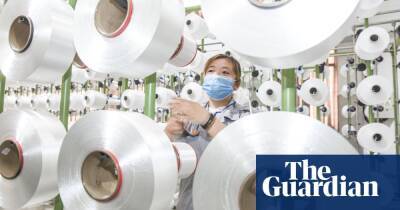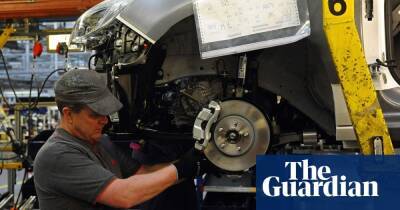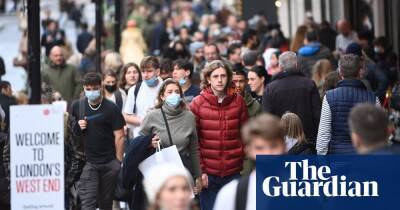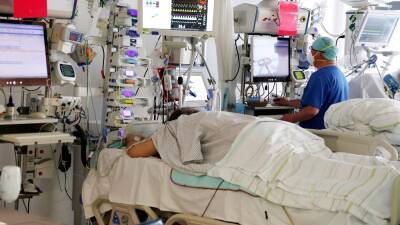UK inflation hits near-three-decade high rising to 5.4%
Britain’s cost of living crisis worsened in December after inflation jumped to 5.4% – its highest level in almost 30 years – driven by the higher cost of clothes, food and footwear.
Heaping further pressure on Bank of England policymakers to push up interest rates when they meet next month, the prices of furniture and eating out also increased as shortages of staff and hold-ups at UK ports forced up the cost of imports.
The Bank of England expects the consumer prices index (CPI) to rise to 6% by April while some analysts have forecast it could hit 7% unless the government decides to pump billions of pounds into the energy sector to cap spiralling heating costs.
Ofgem, the energy regulator, must announce a rise in the price cap on gas bills in the next fortnight and it is understood ministers are scrambling to put together a package of measures to prevent an estimated £500 per household annual increase.
Oil prices continued to make a large contribution to the increasing cost of living, a trend that has continued this year after a surge in Brent crude to more than $80 a barrel.
Figures for wages in November showed pay packets increased by 4.2%, including bonuses, on the previous year but fell behind the rising cost of living by 0.9%.
Unless wages leap in December, the increase in prices will leave the average worker even worse off.
More details to follow …
Read more on theguardian.com















